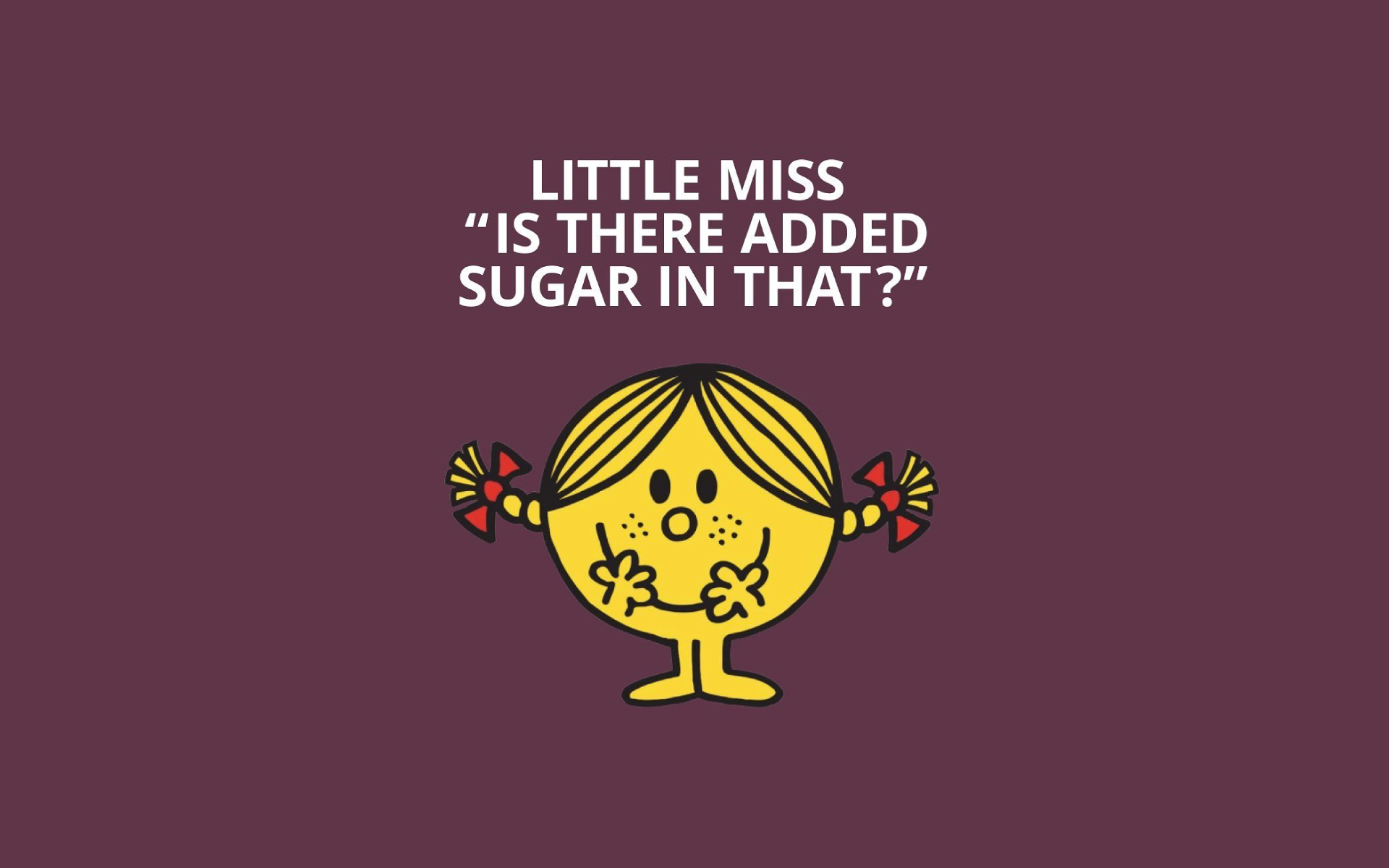Happy Sunday to you all. How are you managing with your “sugar reductions”? Is anyone struggling at all? Maybe you had some sugar Friday evening, or during yesterday (liquid or otherwise!) and it made you feel more sleepy?
How are you sleeping?
Have energy levels otherwise improved?
Throughout your Sugar Free Challenge, I want you to question the sugar consumption of items you are eating.
Today is a little reminder of sugar and effects of over consumption.
The more sugar we eat/drink, the higher the likelihood of developing fatty liver, metabolic imbalances leading to increased waist circumference, insulin resistance, heart disease and lots of medicine!
Simple sugar is SUCROSE. Sucrose is composed of 2 simple sugars stuck together: FRUCTOSE & GLUCOSE.
Glucose as you know is managed by insulin. Fructose heads straight to the liver to be broken down by and enzyme called FRUCTOKINASE and this process uses up huge amounts of energy in the form of ATP. An ATP depletion leads to oxidative stress and then damage to cells, inflammation and reduced energy.
Fructose in large quantities can cause big health problems. It increases the risk of hypertension (high blood pressure) and type 2 diabetes. It can raise total blood cholesterol levels, LDL “bad” cholesterol levels and triglyceride levels, especially in diabetics. It can cause fatigue, insulin resistance and obesity. It can cause fructose intolerance (DFI), a condition said to be found in nearly one third of the population, meaning they are unable to completely absorb fructose.
This, in turn, can cause flatulence, intestinal cramps, bloating, abdominal pain, and diarrhoea. Fructose may cause symptoms of irritable bowel syndrome (IBS) and can be an underlying cause of some types of IBS, due to poor absorption of fructose.
The 10 Foods highest in Fructose are illustrated below.
Are you managing to keep your fructose levels low?

How alert do you feel on waking?
A recent research paper has shown that things that enable us to waken up feeling rested and alert are:
- A healthy blood glucose response after “break-the-fast” (avoiding a big glucose spike, which often happens with consumption of carbohydrates, in the morning)
- Eating 3 meals and not snacking throughout the day.
- Doing regular exercise, especially the previous day.
So in summary: Exercise daily, eat protein and fats with non starchy items for your first meal, eat enough so you don´t need to snack.
Why not try it out and see how you fit in with the research!

